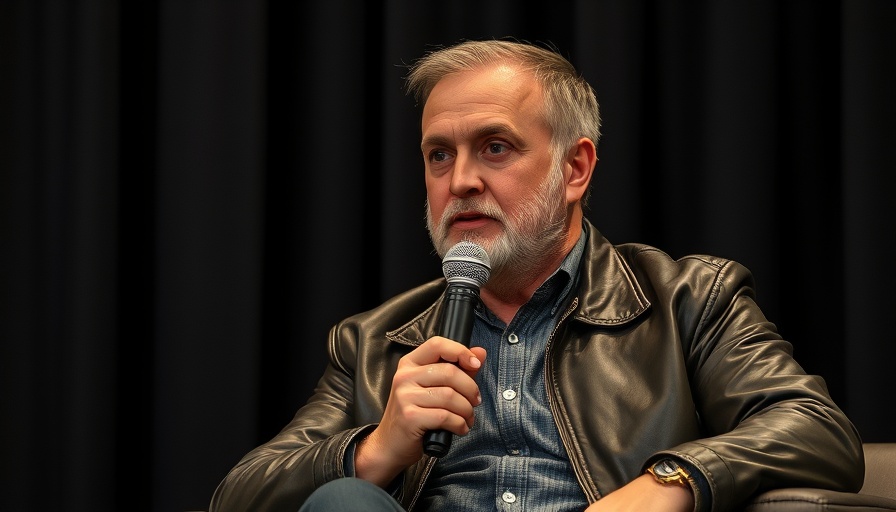
Is Google Losing Its Commitment to Health Equity?
In recent moves reflective of shifting political waters, Google has made notable adjustments in its approach to health discussions, emphasizing 'health optimization' over the previously touted ideals of 'health equity.' The company recently altered its website, removing the term 'health equity' and changing titles to head this new initiative. For instance, Heather Cole-Lewis, the global head of health equity, is now labeled as the global head of health optimization. This transformation comes amid a broader industry trend, particularly influenced by the political landscape under Donald Trump's administration.
The Impact of Political Pressure on Corporate Policies
Google’s revision resonates with a pattern seen at various tech giants, navigating the politically charged discourse surrounding diversity, equity, and inclusion (DEI) programs. Following Trump's vocal opposition to such initiatives, companies like Google, Meta, and Amazon have re-evaluated their commitments to DEI. Notably, Google's internal communications revealed a direct abandonment of specific recruitment goals aimed at increasing workforce diversity in response to this political pressure. As Google's HR chief asserted, despite these changes, the intention remains to create a workplace where everyone can succeed. Yet, eliminating direct references to DEI raises questions about the future of inclusivity within the tech space.
What This Means for Health and Society
By retitling health initiatives and focusing on a broader framework of health optimization, Google claims to enhance health outcomes for everyone involved. However, critics argue that this shift dilutes previous commitments that acknowledged the crucial socio-economic factors influencing health disparities. The change has caused concern within communities that rely on technology to address critical health issues, as moving away from the equity narrative may hinder the dialogue around these disparities' roots.
Future Implications and Community Response
The implications of this shift could steer both public perception and corporate accountability. As Google's practices evolve, community response will play a vital role in determining if the company can balance its new narrative with the real-life experiences of its diverse user base. Local advocates for health equity may find themselves challenged to ensure that conversations around health do not abandon the critical emphasis on fairness and representation.
As stakeholders in health and technology, we must remain vigilant and engaged in these discussions, promoting a narrative that embraces both health optimization and equity. Consumption of technology should not overshadow our commitment to addressing social determinants of health — a principle that continues to resonate deeply within communities striving for equity.
 Add Row
Add Row  Add
Add 




Write A Comment